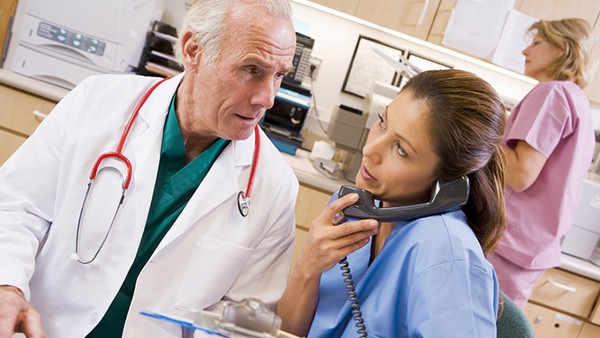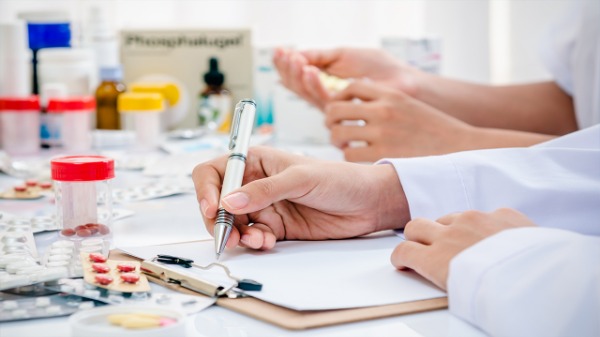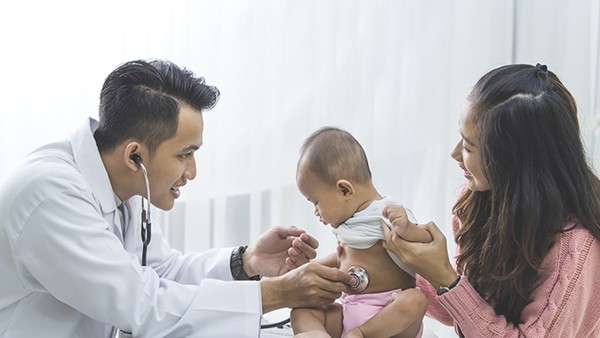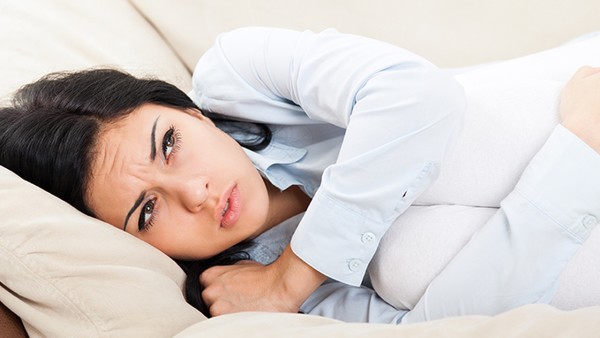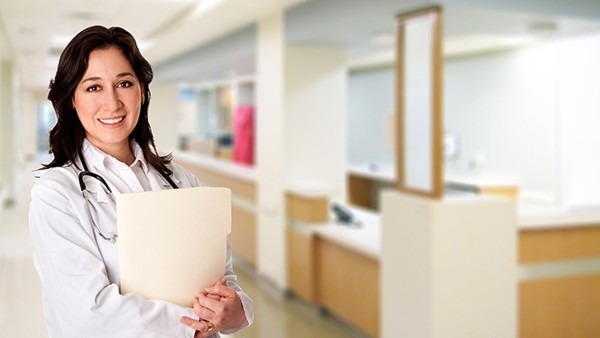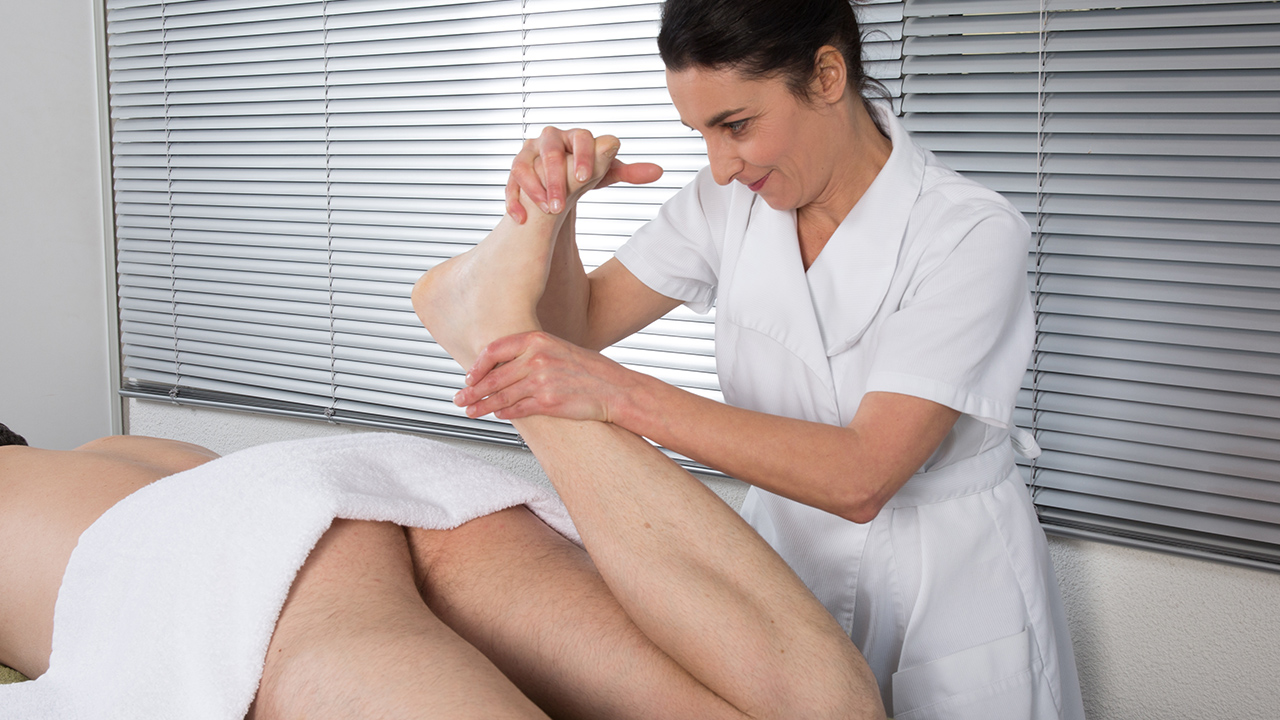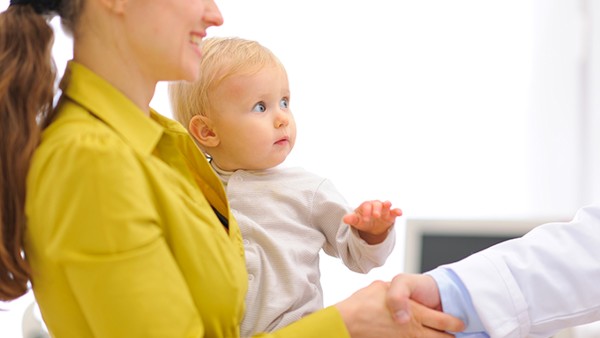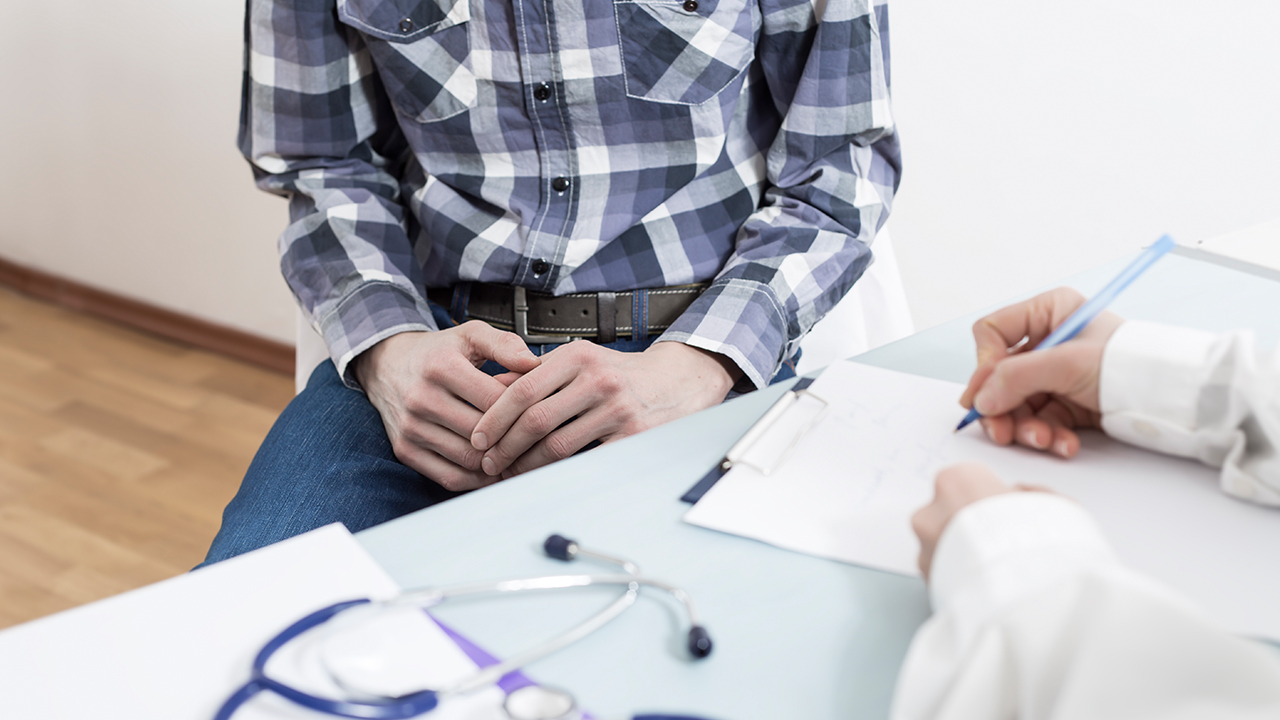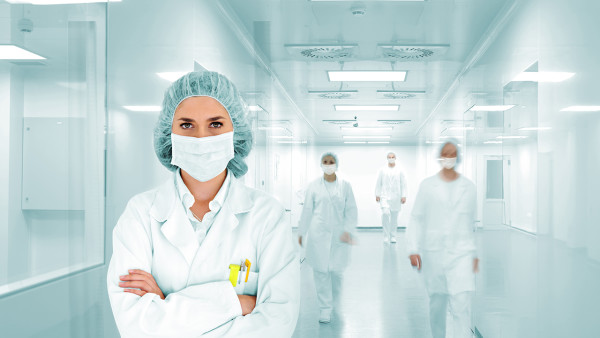Postoperative Care After Prostate Resection Surgery
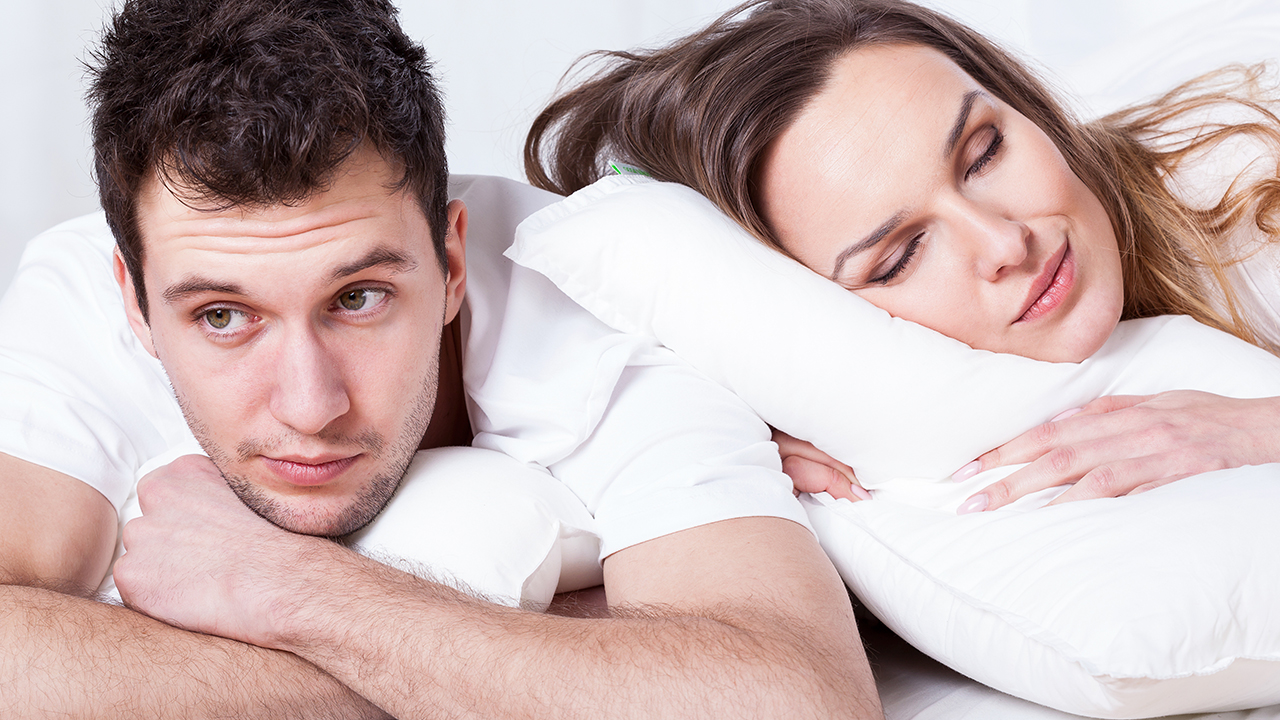
What is prostate resection surgery?
Prostate resection surgery is a surgical procedure to remove all or part of the prostate gland. The prostate gland is a small gland located below the bladder in men. It produces fluid that helps to make semen. Prostate resection surgery is usually done to treat enlarged prostate gland (benign prostatic hyperplasia, or BPH). BPH is a common condition that occurs in older men. It can cause difficulty urinating, frequent urination, and other urinary problems.
What are the different types of prostate resection surgery?
There are two main types of prostate resection surgery:
Transurethral resection of the prostate (TURP): TURP is the most common type of prostate resection surgery. It is done through the urethra, the tube that carries urine from the bladder to the outside of the body. During TURP, the surgeon uses a small, lighted instrument to remove the prostate tissue.
Open prostatectomy: Open prostatectomy is a more invasive type of prostate resection surgery. It is done through an incision in the lower abdomen. During open prostatectomy, the surgeon removes the prostate gland through the incision.
What is the recovery like after prostate resection surgery?
The recovery time after prostate resection surgery varies depending on the type of surgery that was done. After TURP, most men are able to go home from the hospital the same day or the next day. After open prostatectomy, most men will need to stay in the hospital for 2-3 days.
What are the potential complications of prostate resection surgery?
The potential complications of prostate resection surgery include:
Bleeding: Bleeding is a common complication of prostate resection surgery. It can usually be controlled with medication or surgery.
Infection: Infection is another common complication of prostate resection surgery. It can usually be treated with antibiotics.
Urinary incontinence: Urinary incontinence is the loss of control over urination. It is a common complication of prostate resection surgery, but it usually resolves within a few months.
Erectile dysfunction: Erectile dysfunction is the inability to get or maintain an erection. It is a common complication of prostate resection surgery, but it usually resolves within a few months.
How can I care for myself after prostate resection surgery?
After prostate resection surgery, it is important to follow your doctor's instructions on how to care for yourself. These instructions may include:
Taking pain medication: You may be prescribed pain medication to help relieve pain after surgery. Take the medication as directed by your doctor.
Resting: Get plenty of rest after surgery. Avoid strenuous activity for at least 2 weeks.
Drinking plenty of fluids: Drink plenty of fluids, such as water, juice, or broth, after surgery. This will help to flush out the urinary tract and prevent infection.
Eating a healthy diet: Eat a healthy diet that is high in fiber after surgery. This will help to prevent constipation.
Avoiding caffeine and alcohol: Avoid caffeine and alcohol after surgery. These substances can irritate the bladder and make it more difficult to control urination.
Following up with your doctor: Follow up with your doctor regularly after surgery. Your doctor will want to check your progress and make sure that you are recovering well.
When should I call my doctor?
Call your doctor if you have any of the following symptoms after prostate resection surgery:
Fever
Chills
Nausea
Vomiting
Pain that is not relieved by pain medication
Difficulty urinating
Urinary incontinence
Erectile dysfunction
Postoperative Care After Prostate Resection Surgery
What to Expect After Surgery
After prostate resection surgery, you will be taken to the recovery room where you will be monitored for any complications. Once you are stable, you will be transferred to a hospital room. You will likely have a catheter in place to drain urine from your bladder. The catheter will be removed after a few days.
You may experience some pain and discomfort after surgery. This is normal and will gradually improve over time. You may be given pain medication to help relieve the pain.
You will likely be able to eat and drink after surgery. Start with clear liquids and gradually add solid foods as tolerated.
You will need to rest for several weeks after surgery. Avoid strenuous activity and heavy lifting. You may need to use a walker or cane for support.
You will need to follow up with your doctor regularly after surgery. Your doctor will check your progress and make sure that you are recovering well.
Potential Complications
Prostate resection surgery is a safe and effective procedure. However, there are some potential complications that can occur. These complications include:
Bleeding
Infection
Urinary incontinence
Erectile dysfunction
Preventing Complications
There are several things you can do to help prevent complications after prostate resection surgery:
Follow your doctor's instructions carefully.
Take your medications as directed.
Get plenty of rest.
Eat a healthy diet.
Avoid caffeine and alcohol.
Follow up with your doctor regularly.
Living With Prostate Resection Surgery
Most men who have prostate resection surgery are able to return to their normal activities within a few months. However, you may need to make some lifestyle changes to manage any complications that you experience.
If you experience urinary incontinence, you may need to wear incontinence pads or use a catheter. If you experience erectile dysfunction, you may need to take medication or use a vacuum erection device.
You may also need to make changes to your diet and exercise routine to manage any weight gain or loss that you experience after surgery.
Talk to your doctor about any concerns you have about living with prostate resection surgery. Your doctor can provide you with support and guidance.
The above is all the content that the editor wants to share with you. I sincerely hope that these contents can bring some help to your life and health, and I also wish that your life will be happier and happier.
Topic: #after #care #postoperative
